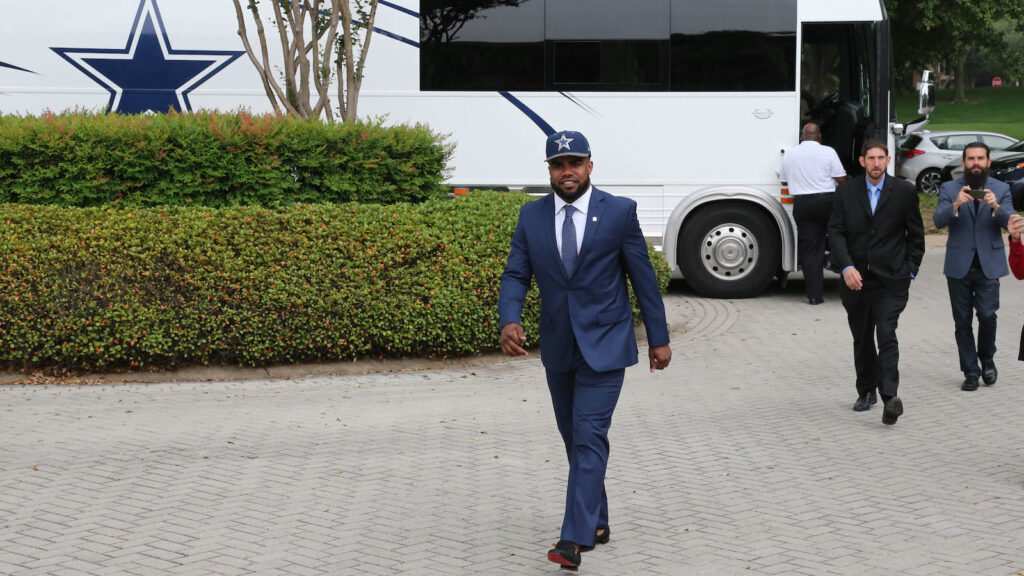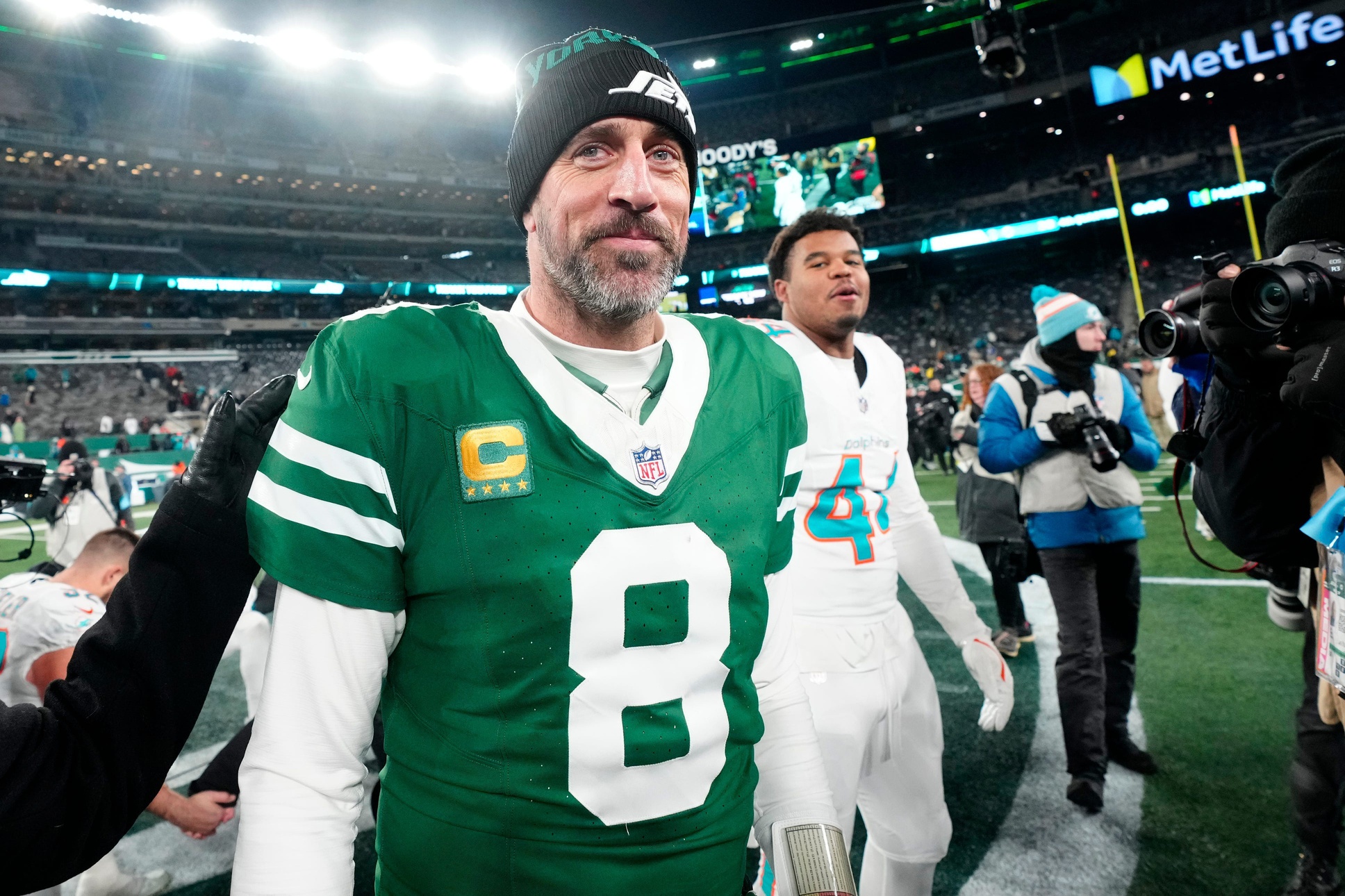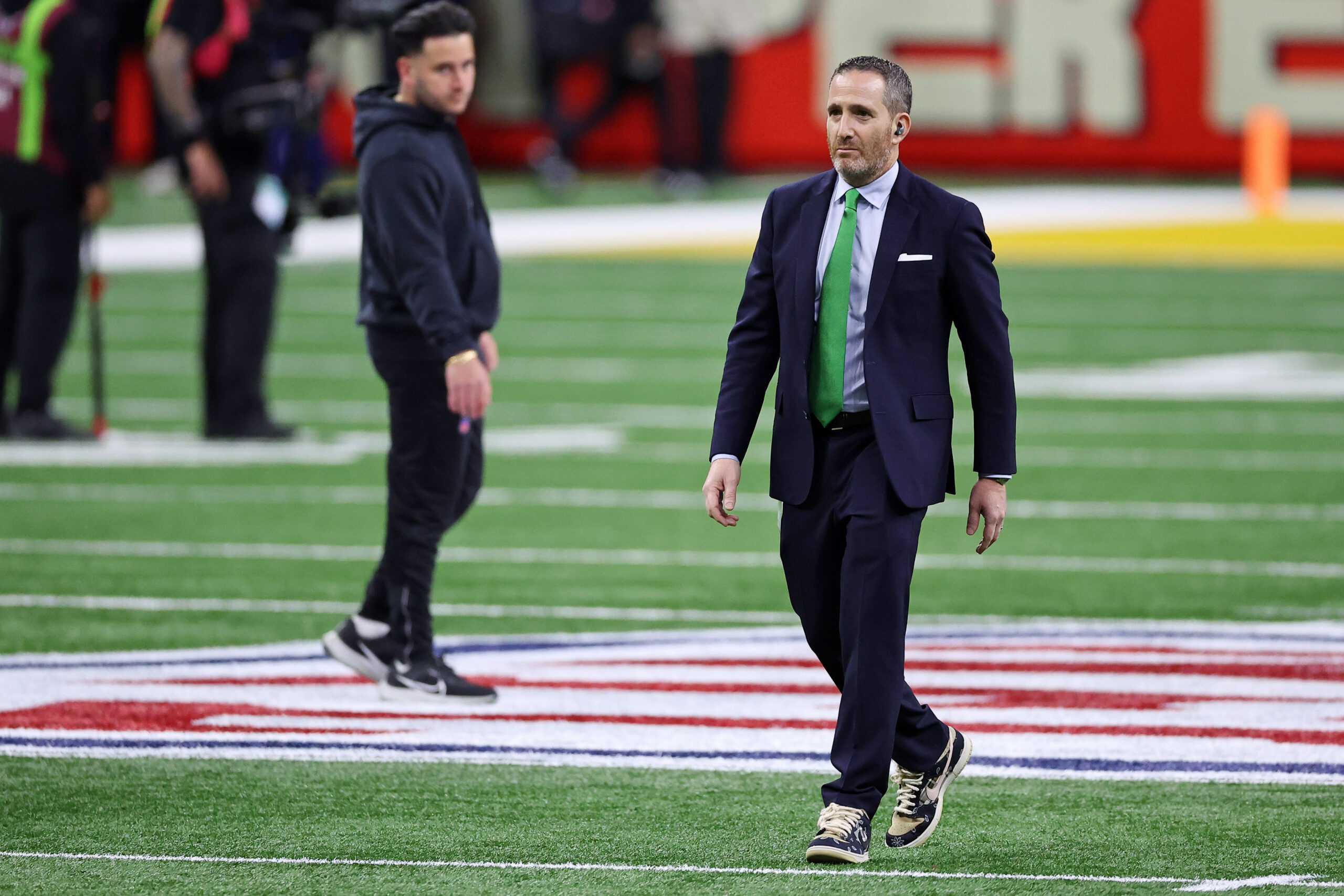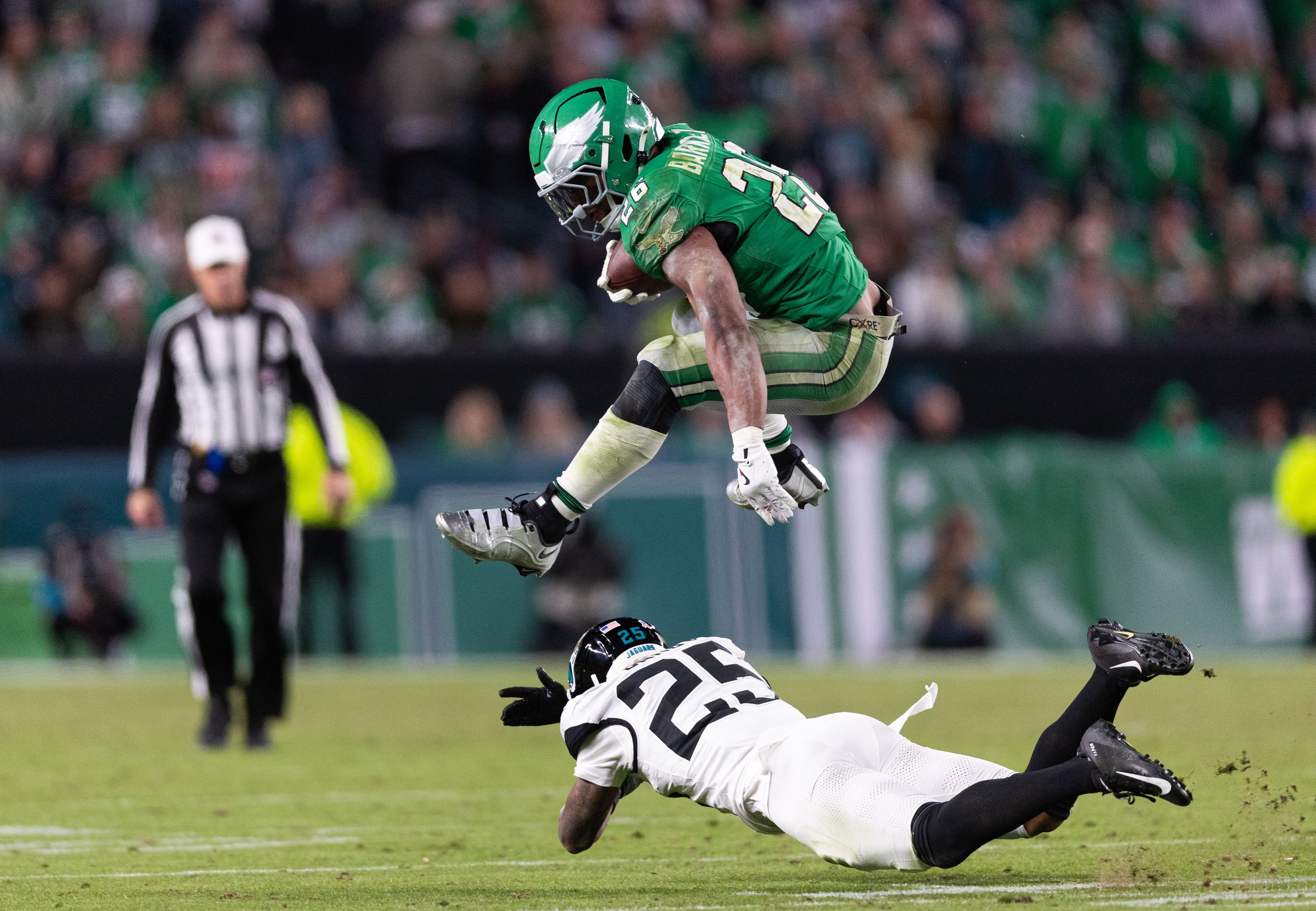Expert Analysis
5/15/24
7 min read
How Team Executives Approach NFL Schedule Release

During my NFL management career, the schedule release was the true signal to me that the new season was fast approaching.
Free agency was largely concluded, the draft was done and the offseason program was in full swing in mid-May. At this point in the year, OTAs are beginning, and most teams held minicamps for rookies last weekend. The mandatory June minicamp is a few weeks away.
But team executives are very excited when they receive their schedule for the coming season from the league office a few hours before the full schedule is released to the public.
What NFL Executives Look For
The team president, general manager and coaches will pay close attention to the spacing of home and away games. They prefer not to have three in a row on the road. The bye week is also of great interest, with the preference for it being around Week 8 or 9 at the midpoint of the regular season.
Thursday night, Monday night, Thanksgiving Day and late-season Saturday games require changing the normal schedule teams have for a Sunday afternoon game. Those non-Sunday games solicit a mixed reaction from team execs. They enjoy seeing their team in the spotlight during prime-time games that most players and the fan base love, but they understand the disruption those games cause compared with the regular weekly schedule.
Team execs, coaches and the team operations staff members will quickly check the 2024 schedule for potential hot- or cold-weather games. Those are an extra challenge in terms of travel concerns and planning for things such as cooling or heating equipment in the bench area at outdoor stadiums.
I was the Minnesota Vikings' director of team operations early in my career, so I know very well that immediately upon the schedule coming out, the team operations staff will begin to set up travel plans. Those include negotiating with airlines and hotels on the road, as well as with the in-town team hotel for the night before home games.
That group also sets up team buses and equipment trucks for road games and obtains extra security and police escorts. In some cases, teams will make arrangements to practice in the road city on the day before a game, so the team operations staff will coordinate that, too.
International Games Present Unique Challenges
Several teams will have international games this coming season — in London, Munich and the newest spot, São Paulo, Brazil, which will host the Philadelphia Eagles and Green Bay Packers on Friday, Sept. 6.
I coordinated team travel for the Vikings’ preseason international games in London, Tokyo, Berlin and Gothenburg, Sweden, in the 1980s and 1990s. That was before the league began playing regular-season games out of the country. I can attest to the challenges team operations staff members face. They must work through language and cultural barriers as stadium logistics, practice facilities, hotels and ground transportation are set up.
Teams travel earlier in the week for international games compared with domestic ones, when they usually leave the day before a game and fly back immediately after. The three-to-five-day stays bring concerns about the players being out and about in a foreign city, along with having to coordinate several days of team meetings and practices.
We also allowed families to travel with the team on international trips. That meant we needed larger airplanes, more buses and hotel rooms and had to set up tours for the families in the foreign cities.
“My work as a team president was an easier job in terms of hours put in and dreading problems that could come up (than arranging international travel was).”
–Jeff Diamond
In our London game, the city's first time hosting an NFL game, I told the staff at Wembley Stadium we needed space to put our coaches in the press box. They thought I was talking about our team buses (or motor coaches as they called them) going in the press box because in English soccer, their coaches are called managers.
The process is surely more established at most of these foreign stadiums, but challenges undoubtedly remain.
The teams involved in this year’s international games will have similar logistical work for their team operations staff members. Fortunately, today’s teams have multiple staff members doing this operations planning and implementation. I was alone in the team operations area when I had the job. My work as a team president was an easier job in terms of the hours put in and dreading problems that could come up.

Domestic Games Aren't A Cakewalk Either
I was promoted from director of communications to director of team operations as a 24-year-old in my second season with Minnesota after my predecessor who coordinated team travel was fired.
That person's downfall was mostly because our team was late for a game in Detroit when our team buses did not have a police escort and got stuck in a massive traffic jam on I-75 heading from our hotel in Northfield to the Pontiac Silverdome. We arrived 15 minutes before the scheduled start of the game, forcing a half-hour delay so our team could warm up. We were penalized 15 yards on the opening kickoff and fined $10,000.
As we were in gridlock, I was on Bus Two, which was less tense because no coaches were on that bus. I will never forget the sight of our Hall of Fame quarterback Fran Tarkenton running up and down the bus aisle, laughing and saying he was doing his pregame warm-up.
A big part of the problem that day was that our Hall of Fame coach Bud Grant required the team to arrive at the stadium exactly one hour before kickoff — as opposed to every other NFL team that arrived two to three hours in advance.
Grant did not want the players sitting around the locker room getting nervous. That was because he had a bad experience as a college football player at Minnesota when he thought the team got too uptight in the locker room before a big game against Michigan. So: his one-hour policy. The team would arrive and immediately put uniforms on and head out for warm-ups. The team travel coordinator had to allow ample time to fight potential game-day traffic that is not present when teams arrive much earlier.
The next season, I went to Detroit several days early, mapped out a route that took side roads and not the freeway and hired a police escort. We arrived a half-hour before Grant wanted. As we got off the bus, he looked at his watch and said to me, "A little early, Jeff."
I wanted to say "Better than last year," but I said, "Next year we'll have it just right, Coach." Which we did.
Before I became assistant GM and later GM, I handled team travel for eight years as part of my team operations duties. Those also included overseeing our practice facility and training camps at Mankato State University.
I dealt with buses or equipment trucks breaking down, practice-field problems on the road and all kinds of hotel issues, especially with team meals. Plated meals would occasionally come out too slow, so we eventually went to buffet-style ones.
Patience, Timing Are Crucial
Above all, patience is a necessary ingredient for team execs, coaches, staff and players in dealing with the inevitable challenges when an NFL team travels or stays in a hotel the night before home games.
So as the highly anticipated schedule release occurs, just know that it is setting in motion tremendous planning and increased stress for the team operations staff.
Meanwhile, the team execs are analyzing the schedule and projecting wins and losses based on the expected quality of the opponent, the game site and the potential weather. Is your opponent healthy and on a roll when you face them? What kind of weather conditions will you deal with if playing outdoors?
As Grant always said about schedules, “It’s not who you play but when you play them.”






